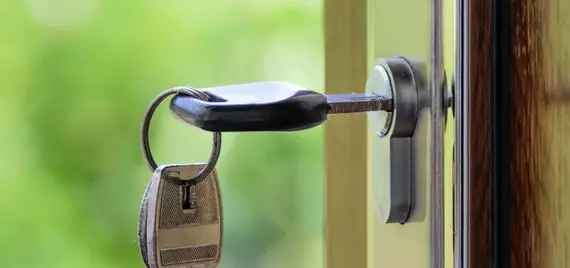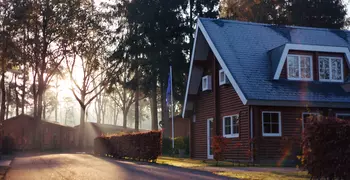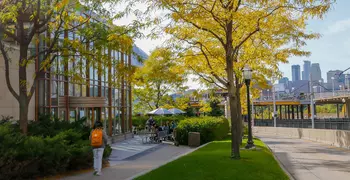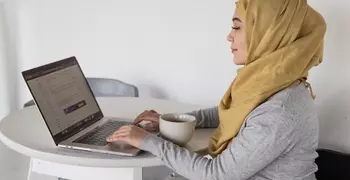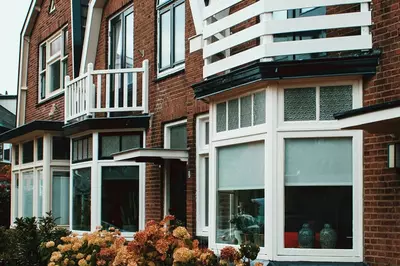
 How safe do you feel when you step outside your home? Your physical safety, your ability to connect meaningfully with the people around you, and the environment can all play a role in how secure you feel in your community. Factors such as crime, traffic, infrastructure, air and water safety, and access to green space all play a role.
How safe do you feel when you step outside your home? Your physical safety, your ability to connect meaningfully with the people around you, and the environment can all play a role in how secure you feel in your community. Factors such as crime, traffic, infrastructure, air and water safety, and access to green space all play a role.
Some of the dangers in your community may be real and some may simply be perceived – but both play a role in your wellbeing. Researchers Wang et al examined urban areas in China and found that people who feel safe in their neighborhoods experience better mental health than those who do not – moreover, this perception of safety can increase the impact of other activities, such as physical activity and social connections, on mental health.
Luckily, there are many ways you can take charge of your personal safety in your neighborhood, as well as work to make your community safer.
Make smart choices
Of course, whether or not you live in a high-crime area, you can benefit from behaving cautiously, such as:
- Not walking alone at night
- Locking your vehicle and home
- Paying attention to where your children are when playing outside
- Closing curtains or blinds at night
Get to know your neighbors
Building friendly relationships with the people who live near you can cultivate a sense of trust, helping you to feel more secure at home. In addition, neighbors who know you and your routine will be more likely to notice if something around your house seems amiss – such as an unfamiliar person looking in your windows or trying to open your door.
Getting to know others starts with a simple hello as you walk around the block. Over time, you may choose to join or organize neighborhood gatherings, or find ways to help others, such as doing yard work for an elderly neighbor or bringing food to someone who just moved in. You can even stay engaged with what others are doing by joining an online neighborhood forum or app.
Improve the neighborhood
Making social connections with neighbors can help you - and others - feel safer, but working to improve the community you live in can improve the security of everyone. Here are some ideas:
- Call for help to fix what's broken, from burnt-out streetlights to branches blocking the street. Your public works department is a good place to start.
- Advocate for better infrastructure, such as additional stop signs or a bike lane, by contacting your local city council. You can become more engaged with your local council by supporting candidates who best represent your community's interests, attending public meetings, and communicating the needs of your neighborhood.
- Promote equity so that everyone has equal access to security. Begin by listening to marginalized groups – including Black, Indigenous, and/or People of Color (BIPOC), people with disabilities, and people who identify as Lesbian, Gay, Bisexual, Transgender, or Queer (LGBTQ+) – and learning what challenges prevent them from experiencing security. Then find out who is leading the work to undo these inequities, and ask how you can help.
- Join a neighborhood group or volunteer for a local organization dedicated to improving the lives of all community members.



